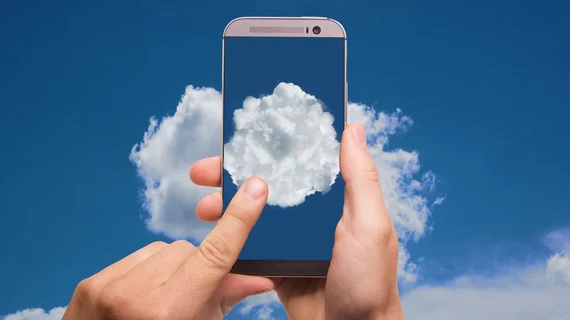AWS makes $20M move to counter COVID-19 with compute power
Amazon Web Services is corralling the expertise of more than 30 research institutions, businesses and startups to help combat COVID-19. The cloud giant has allotted $20 million for the work.
Calling the effort the AWS Diagnostic Development Initiative, the Amazon subsidiary says it will use the set-aside to fund its project partners—all AWS customers—through in-kind credits and technical support.
According to an AWS blog post, the idea for the initiative was born of several primary unmet needs evident in the global COVID-19 outbreak.
These include accurate disease detection (“the tip of the spear for any effective pandemic response strategy”), diagnostics research (which “has historically been underfunded and largely deprioritized in favor of a focus on vaccine”) and reliable, scalable compute power for organizations working on disease diagnostics.
Commenting on the latter, the blogger, AWS exec Teresa Carlson, says the initiative can deliver such power coupled with associated services like analytics and machine learning to help process and analyze large datasets with speed and precision.
The program will be open to accredited research institutions and private entities that are using AWS to support research-oriented workloads for the development of point-of-care diagnostics, Carlson writes.
“Given the need,” she adds, “the emphasis initially will be on COVID-19, but we will also consider other infectious disease diagnostic projects.”

